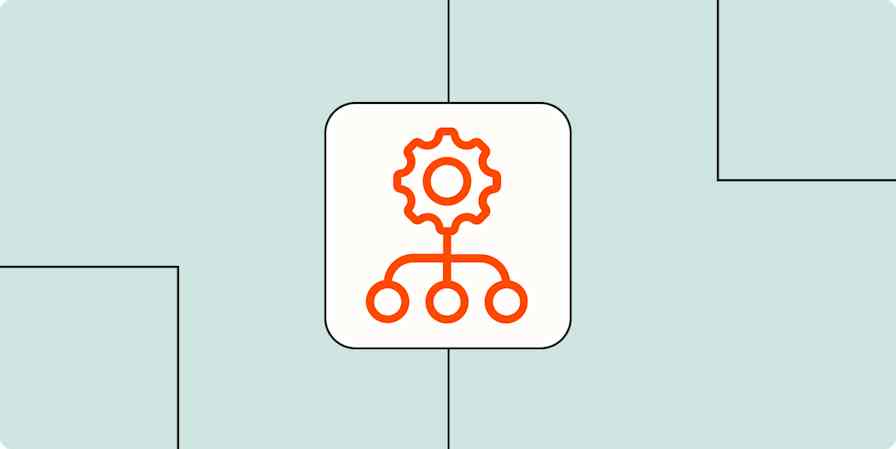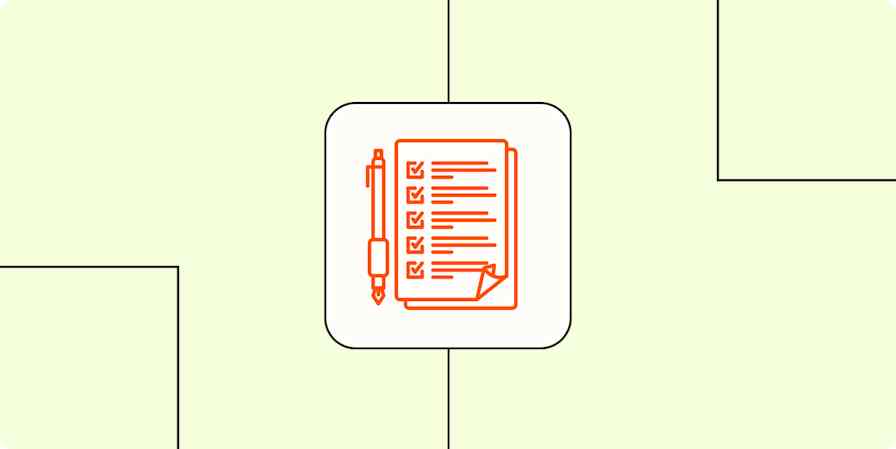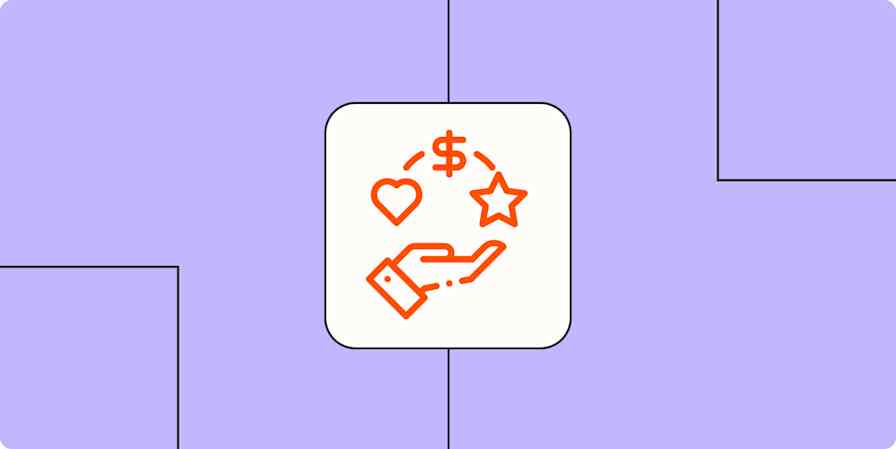Productivity tips
3 min readSelf Care 101: Reward Yourself with Negative Reinforcement
By Joe Deer · May 23, 2019

Get productivity tips delivered straight to your inbox
We’ll email you 1-3 times per week—and never share your information.
Related articles
Improve your productivity automatically. Use Zapier to get your apps working together.







